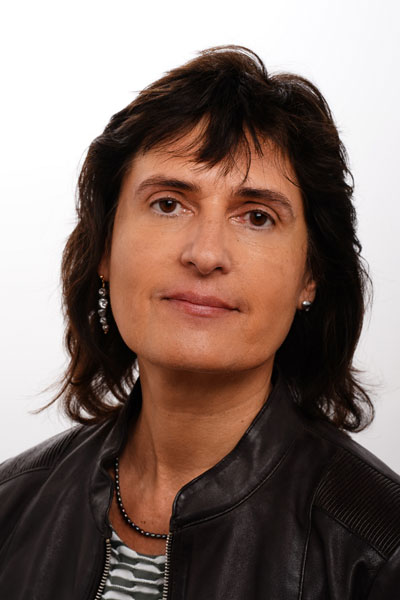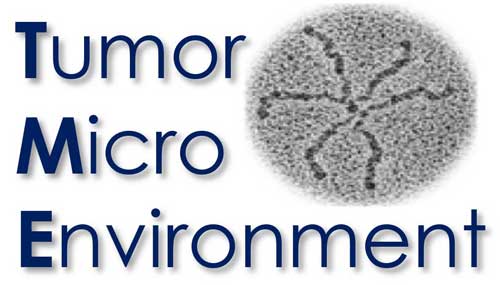The TME Group
Gertraud Orend had studied Genetics, Biochmemistry, Pharmacology and Organic Chemistry in Cologne, Germany. She did her PhD in the laboratory of Walter Doerfler on epigenetic modifications arising from insertional mutagenesis in Adenovirus-induced tumors. Her observations contributed to the understanding of de novo methylation across the genome, a mechanism that plays an important role in cancer.
She got interested in the question how cell adhesion regulates cell cycle progression in normal cells and, how this anchorage-dependence is subverted in tumor cells which she studied as postdoc in the laboratory of Erkki Ruoslahti at the Burnham Institute in La Jolla, CA, USA. In
spired by her cell adhesion work she got interested in the signal transduction pathways that are initiated by the interaction of cells with the extracellular matrix molecules fibronectin and tenascin-C, which she studied as research associate in the laboratory of Ruth Chiquet-Ehrismann at the Friedrich Miescher Institute for Biomedical Research, Basel, Switzerland.
Then she directed the Tumor Matrix group at the University of Basel, Switzerland in the Department of Biomedicine led by Gerhard Christofori, where her group continued to work on signal transduction pathways that are induced by cell adhesion to tenascin-C.
She became lab head of two INSERM teams, U682 and U1109 (MN3T, The Microenvironmental Niche in Tumorigenesis and Targeted Therapy) in Strasbourg. She took tenascin-C research to a new level by developing mouse models with engineered expression of tenascin-C. Her current work is focussed on the understanding of the roles of tenascin-C in the tumor microenvironment promoting angiogenesis and metastasis and, shaping tumor immunity as well as the roles of tenascin-C in chronic inflammation.
Her latest achievements comprise the discovery of the MAREMO (MAtrix REgulating MOtif) that as peptide mimetic abolishes several cancer hallmarks. Apart from activating anti-tumor immunity the matrix-gate-opening functions of the MAREMO peptide may be important in combination with other anti-cancer strategies where the dense tumor matrix represents a confounding obstacle such as radiotherapy and immune therapies.

